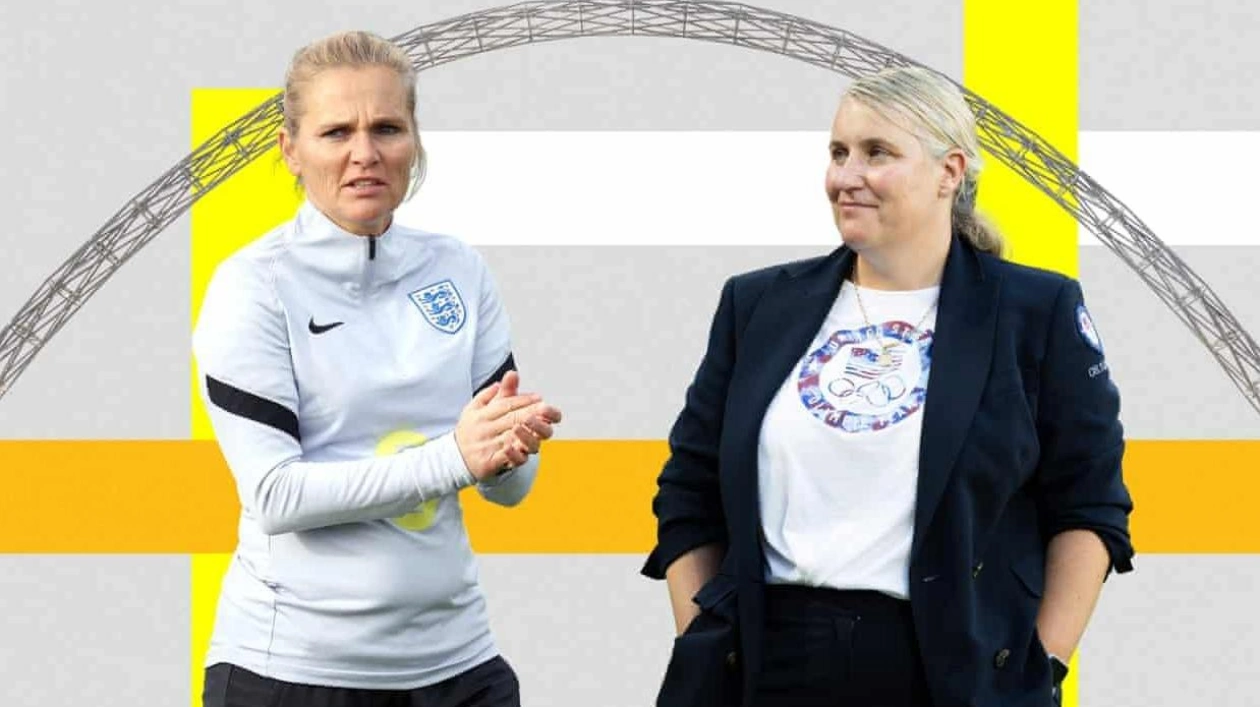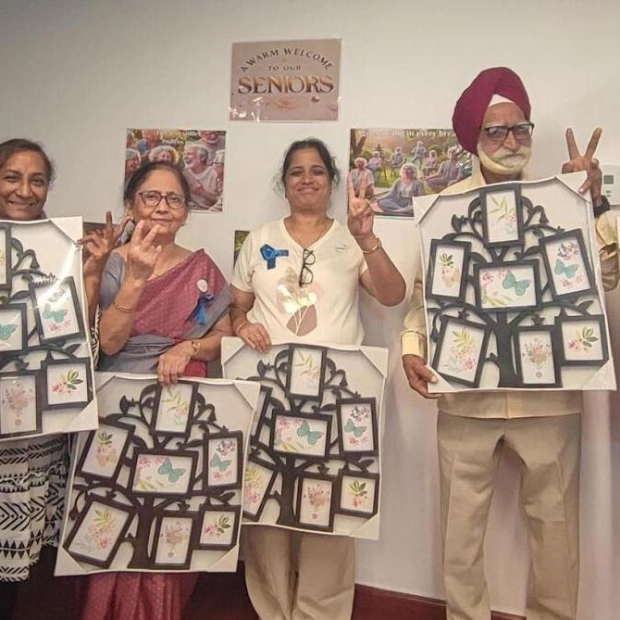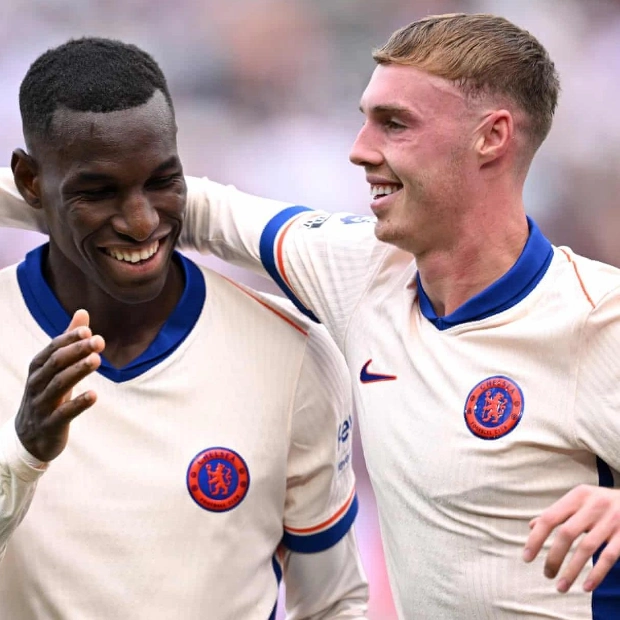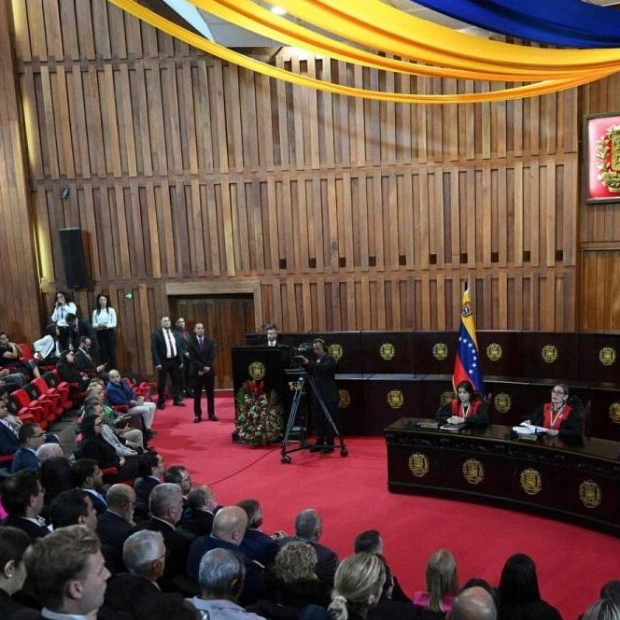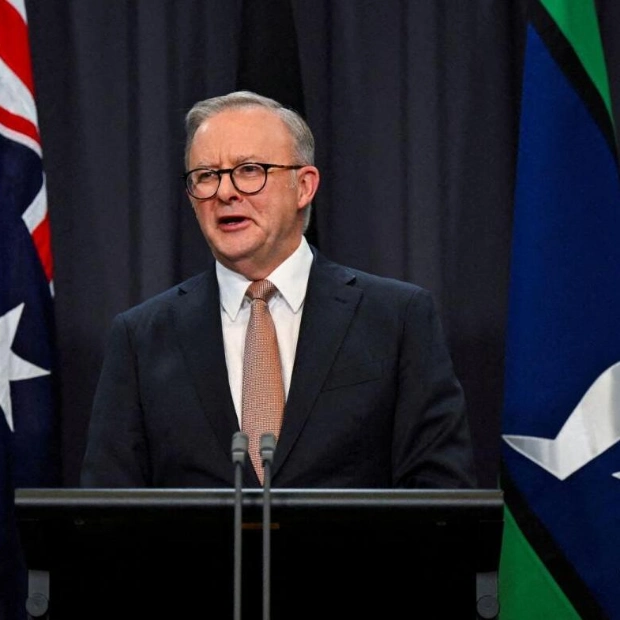The anticipation leading up to England women’s friendly match against the USA on Saturday has been nothing short of electrifying. Despite any past tensions between the teams, the current managers have filled their media interactions with mutual praise, creating an atmosphere so warm it could melt the ice at Wembley. Emma Hayes, who transitioned from Chelsea to the USA a year ago, eagerly anticipates a warm embrace from Sarina Wiegman. In return, Wiegman expressed her joy for Hayes’s swift success in Paris this summer, achieved just 72 days after she began coaching the team. Had the Netherlands, Wiegman’s former team, not thwarted Team GB’s Olympic qualification, the initial encounter between Wiegman and Hayes might not have been as amicable. Nevertheless, the first meeting of these two most successful female football coaches in English football was always destined to be intriguing, regardless of the timing.
Their previous encounters were limited to disputes over player availability, as they shared some of the same star players—Millie Bright, Lucy Bronze, Lauren James. Chelsea, among other clubs, was particularly incensed by Wiegman’s demand to release players a full month before the previous year’s World Cup. Given both women’s reputations for being “direct,” this must have been a fascinating clash. However, their personalities initially seem quite dissimilar. It’s hard to envision Wiegman deviating from her script to publicly criticize Joey Barton’s misogyny, just as it’s difficult to picture Hayes on the sidelines in an M&S suit and oversized glasses.
This summer, Hayes published “A Completely Different Game: My Leadership Playbook,” while Wiegman’s book, “What It Takes,” is subtitled “My Playbook on Life and Leadership.” These books reflect their respective styles: Wiegman’s career story is told in a manner as understated as her press conferences, while Hayes’s book is both revealing and forthright. Hayes’s interests range from Hunter S Thompson’s writing to David Attenborough’s documentaries. She even gifts her players copies of Hermann Hesse’s “Siddhartha” and presents them with purple gladioli, explaining their historical significance to Roman gladiators.
Wiegman has often mentioned her childhood aspiration to be a PE teacher, whereas Hayes aspired to be a spy, even applying to MI5 during college. Her fascination with espionage remains strong—“I’m captivated by what it takes to persuade someone to betray their state and conspire against everything they’ve ever known or believed in,” she writes. Perhaps she even felt a grudging admiration for Canada’s Olympic drone operation.
What unites these two women is more significant than their differences. The US played a pivotal role in both their careers, offering opportunities they couldn’t find at home—playing for Wiegman, coaching for Hayes. Both had life-changing conversations with Anson Dorrance, the former lawyer and head coach of the UNC Tar Heels, who added a World Cup to his 22 national titles when he coached the US women in 1991. This encounter was a turning point for both. “He argues that too many people work within their own comfort zone,” says Hayes, adding: “I have never had a weekend off in my working life.” As their roles expanded, Wiegman and Hayes transitioned from pitchside trainers to chief executives, making their organizational and strategic skills as valuable as their tactical ones.
They both lead from a fundamental principle—knowing their people. This understanding allows them to employ their famed directness. When dealing with a female dressing room, Hayes prefers to provoke conflict rather than allow passive-aggressive undertones to fester. Similarly, Wiegman had to learn and confront the coded ways of English “politeness” upon her arrival in England. Both turned to a similar methodology to break through these layers of conditioning, creating more honest communication and building resilience within their teams. By staging intra-squad games where all decisions went against the starting XI players, they taught a valuable lesson about focusing on individual tasks despite a sense of injustice.
This approach exemplifies the emotional intelligence revolution in football, championed by managers like Jürgen Klopp and Mikel Arteta. “If I have a strength,” says Hayes, “it is in recognizing and repurposing weakness.” Wiegman’s well-documented empathy, combined with her candor, brings a touch of Brené Brown-ification to the game, emphasizing vulnerability. In an industry where young talent is less responsive to old-school authority and conditioned by social media, such intelligence is more vital than ever. “People seem to find it harder to take instructions nowadays,” notes Hayes. “Instead, they retreat online, where outlets promote the seductive myth that they know it all.”
Whatever tactical battles they bring to Wembley, their shared understanding of the modern female player will likely be their longest-lasting legacy in the game. And if they make the game a little friendlier along the way—is that such a bad thing?
Source link: https://www.theguardian.com
